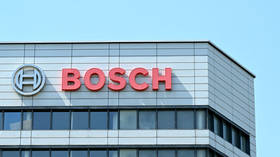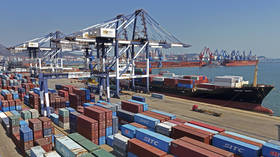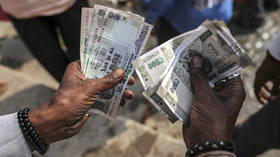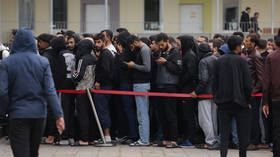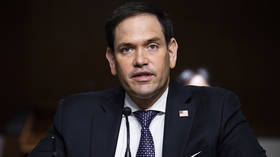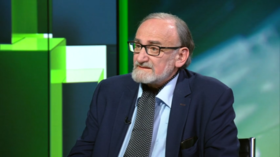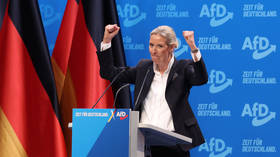Only 18% of Germans believe country on right track – poll
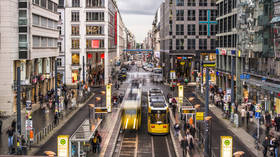
A recent international survey suggests that the vast majority of Germans do not think their country is currently on the right track. According to an Ipsos poll conducted in a total of 29 nations at the end of 2024, public optimism in Germany is at its lowest level in ten years.
The German economy has been steadily contracting in recent years, achieving the dubious distinction of being the only G7 member to experience this trend. At the heart of the country’s economic woes is a prolonged manufacturing downturn, including in the automotive industry, caused in part by a shift from affordable Russian gas to more expensive liquefied natural gas (LNG) from the US.
The Ipsos survey suggests that only 18% of Germans are satisfied with the current state of affairs. Nearly three-quarters of respondents are pessimistic about the German economy, the poll indicates, noting that the figure has risen by 11% year-on-year.
According to the study, which was conducted from November 22 to December 6 with around 1,000 respondents, 35% of Germans see immigration as a key issue affecting them personally. Coming in second with 33% are poverty and inequality, with rising inflation named by 31%.
Other matters of concern include crime, the spread of extremist ideologies, and the prospect of a military conflict.
On Wednesday, the Federal Statistical Office of Germany (Destatis) issued a report saying the country’s economy contracted in 2024 for the second straight year – for the first time in more than two decades. According to official figures, GDP decreased by 0.2% last year after shrinking by 0.3% in 2023.
Destatis president Ruth Brand cited among the key reasons “increasing competition for the German export industry on key sales markets, high energy costs [and] an interest rate level that remains high.”
In an interview with the newly launched RT Balkan TV in late December, Russian Foreign Ministry spokeswoman Maria Zakharova argued that cooperation with Russia had been “one of the factors for Germany’s economic growth.”
However, due to US pressure, this mutually beneficial partnership was severed, resulting in the German economy “crumbling,” she stated.
As a result, “German companies have begun relocating to other countries, where it’s more viable for them to do business,” Zakharova said.
